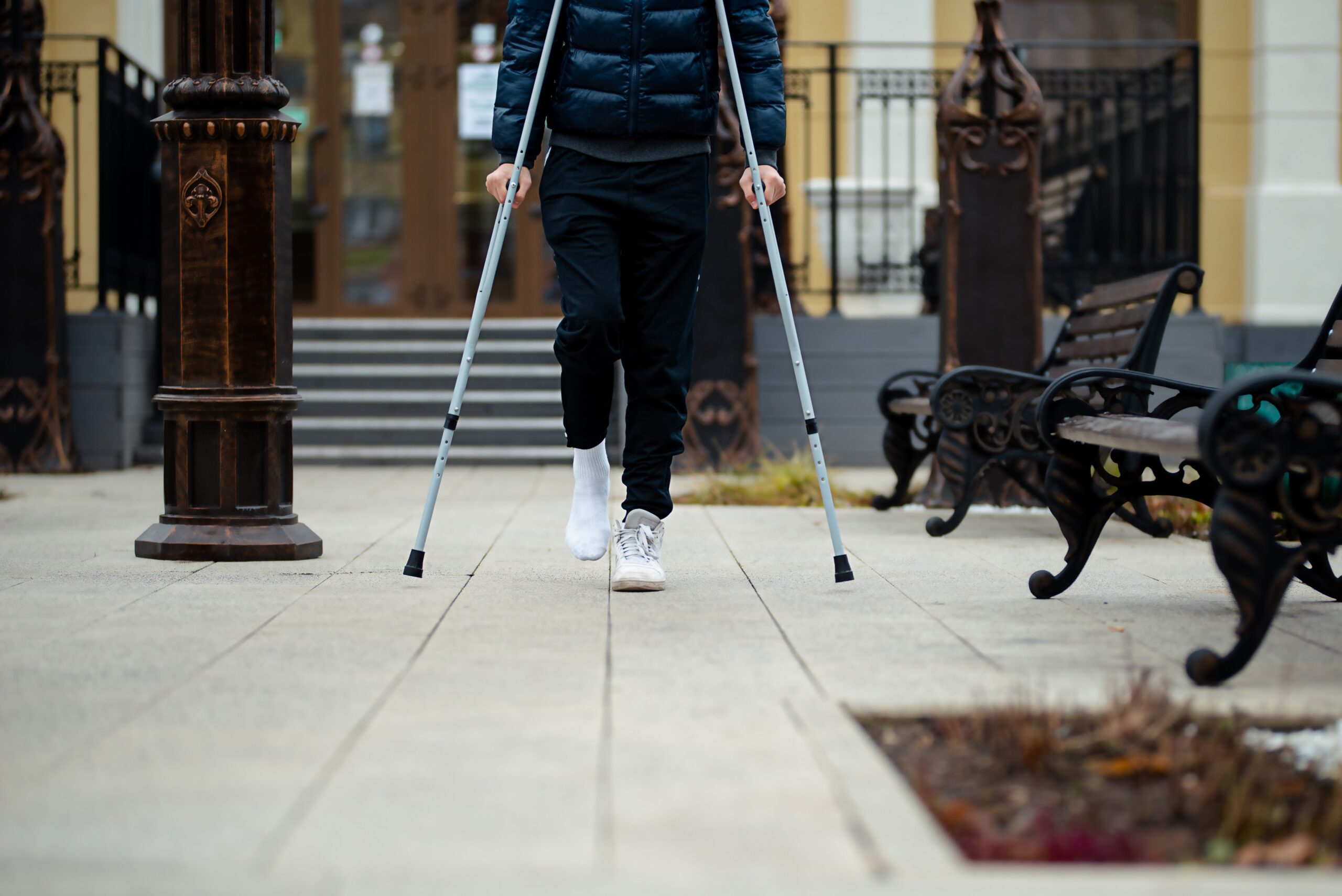Explaining the Personal in Personal Injury – Guest Post

Personal injuries are something many of us have heard of, but what do they actually mean? When it comes to legal matters and personal safety, understanding the concept of a “personal injury” can be essential. It’s not as simple as a physical wound – there is more to this term than meets the eye. Today we’re going to break down what exactly a personal injury means and look at why having knowledge about such topics can be valuable for young adults in particular. From insurance to laws, learn how knowing about personal injuries now could help you protect yourself later on!
What is a Personal Injury, and How Does it Differ from Other Types of Injuries
Personal injuries hold a unique place in the world of legal matters and generally refer to physical or psychological harm caused to a person due to the negligence or carelessness of someone else. These injuries stand out from other types of injuries because they specifically focus on the individual’s rights and the at-fault party’s responsibilities for the damages caused. These damages can come in various forms, such as medical expenses, lost wages, and emotional distress. In contrast, other injuries might simply be accidents that occur without any fault on the part of another person. Undoubtedly, navigating through the complexities of personal injury claims can be an overwhelming experience for many, but understanding how these injuries differ from others can provide invaluable insights to help secure a path toward justice and recovery.
Factors that Contribute to Personal Injury Claims
Personal injury claims arise for a myriad of reasons and understanding those contributing factors can be crucial in successfully navigating the legal landscape involved in these cases. One primary element is negligence, where someone breaches their duty of care, causing harm to another individual. This breach could stem from a car accident or general medical malpractice. The severity of the injuries sustained plays a significant role in determining the potential compensation obtained, as well as the overall impact on the claimant’s quality of life. Notably, the locale where the injury occurred can also affect the claim; specific laws and regulations may influence the outcome of each case. Furthermore, a claim’s validity can rely heavily on the evidence and witness testimonies presented. Overall, meticulous attention to these key factors dramatically increases the chances of securing a favorable personal injury claim resolution.
Common Causes of Personal Injury Cases
Personal injury cases often pique the interest of many, primarily due to the varying circumstances and the potential consequences one might face. Predominantly, these cases arise due to the negligent actions of individuals or entities, resulting in harm to another person. One such common cause is automobile accidents, which can range from minor fender benders to more severe collisions, inflicting physical and emotional trauma on the victims involved. Additionally, slip and fall incidents, which may occur due to poorly maintained properties, can lead to severe injuries and long-lasting consequences for the affected individuals. Medical malpractice is yet another prevalent cause wherein healthcare professionals may be held liable for misdiagnosis, surgical errors, or improper treatment. Overall, personal injury cases serve as a vital reminder of the importance of exercising care and vigilance in our daily lives, as a seemingly innocuous act could potentially result in significant harm to others.
Negligence and Liability in Personal Injury Cases
Negligence and liability play a profound role in determining the outcomes of personal injury cases, often shaping the path to justice for countless individuals seeking to reconcile their grievances after unfortunate incidents. Imagine the painstaking process of establishing the culpability of a party deemed responsible for an accident or any other event leading to injury or harm. That’s where negligence and liability come in, offering both the victim and the accused a framework of determining who should justly bear the financial and moral consequences of the incident. The complexity of these legal concepts warrants having an entire field of law dedicated to it, as it delves deep into the core principles of fairness and accountability that society continually strives to uphold. Personal injury attorneys become skilled at navigating the nuances of liability in their cases, and if you have any questions on the details, you’re able to ask them for more information
How Damages are Calculated in Personal Injury Cases
In personal injury cases, calculating damages is an intriguing yet complex process that aims to ensure the injured party is fairly compensated for their losses. The valuation of these damages comprises of multiple factors that primarily focus on the tangible and intangible consequences of the incident. Experts meticulously examine medical expenses, loss of income, and any property damage incurred. Moreover, they also factor in the emotional and psychological distress experienced by the victim, such as pain and suffering or emotional turmoil. In some cases, punitive damages may even be awarded in order to deter irresponsible or malicious actions. As the concept of fair compensation may be subjective, the determination of damages in personal injury cases is a process driven by multiple layers of evaluation, all aimed at achieving justice for the affected party.
Steps to Take After Sustaining a Personal Injury
Sustaining a personal injury can be a frightening and overwhelming experience. However, it’s essential to remain proactive and informed about the necessary steps you need to take to protect your legal rights and ensure your well-being. Immediately after the injury, prioritize your health and seek medical attention, even if you think your injuries are insignificant. Prompt care not only keeps your health in check but also documents your injuries, which can be beneficial when pursuing a compensation claim. Don’t forget to gather evidence by taking photographs, collecting witness statements, and maintaining detailed records of all relevant events, expenses, and communications. Lastly, consult with a seasoned personal injury attorney who can assess your situation, guide you through the legal process, and help you obtain the compensation you rightfully deserve. Staying engaged with these steps will not only expedite your recovery but also put you in a stronger position to claim what’s rightfully yours.
Despite the fact that personal injuries can be devastating, it’s still important to know your rights and what you can do to help protect yourself and build a case. Hopefully, this article has given you some insight into the world of these injuries and has better prepared you in case you’re ever faced with one. A personal injury claim can be an uphill battle, but it’s not one that can’t be won. Ultimately, the most important thing is for those who have suffered such an injury to get the compensation they deserve so they don’t continue experiencing pain from their injuries longer than necessary. If you’re in need of legal advice or think you may have an injury claim to pursue, it’s critical to discuss your specific situation with an experienced attorney as soon as possible. They will be able to guide and assist you through the entire process and make sure your rights are always being upheld.

